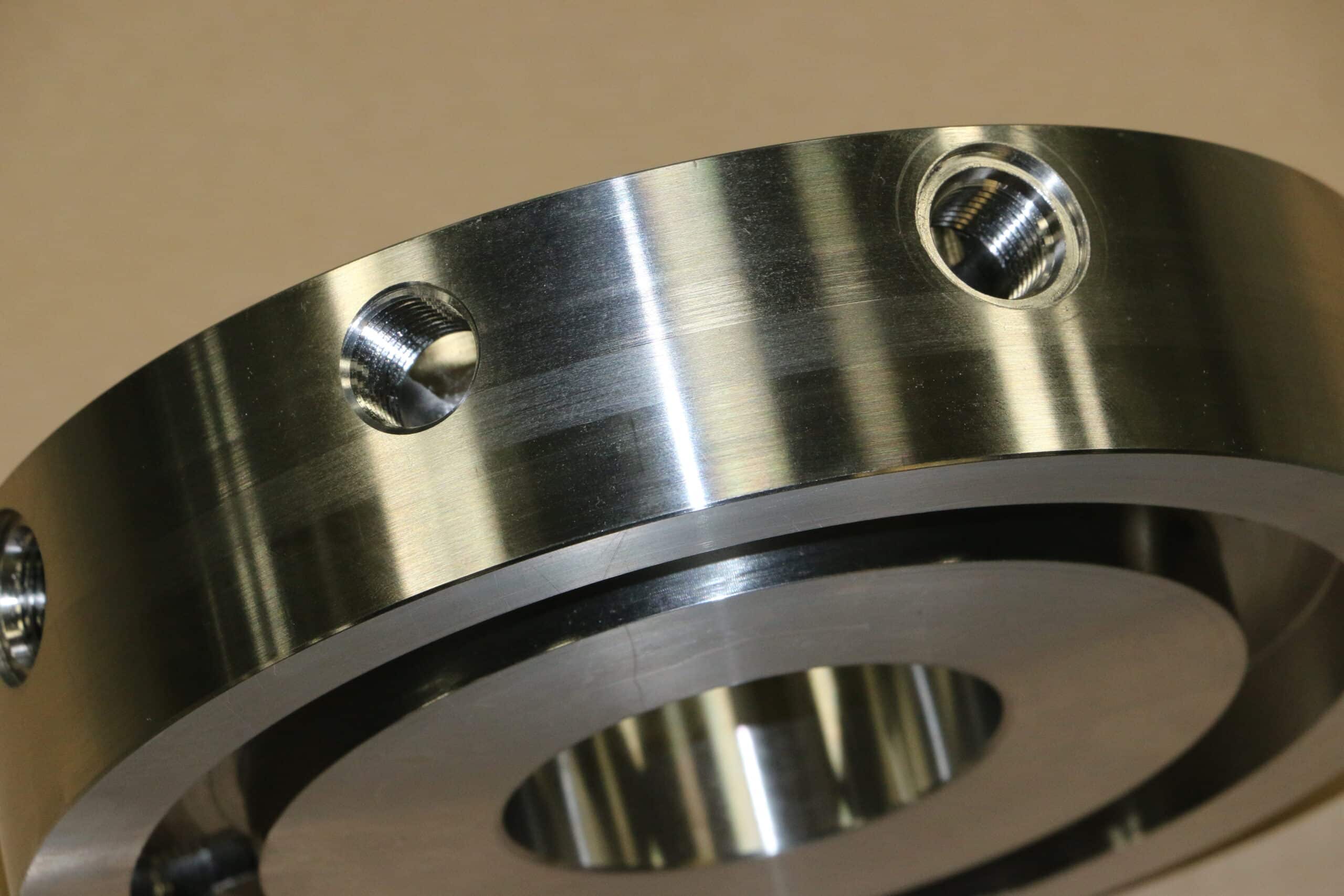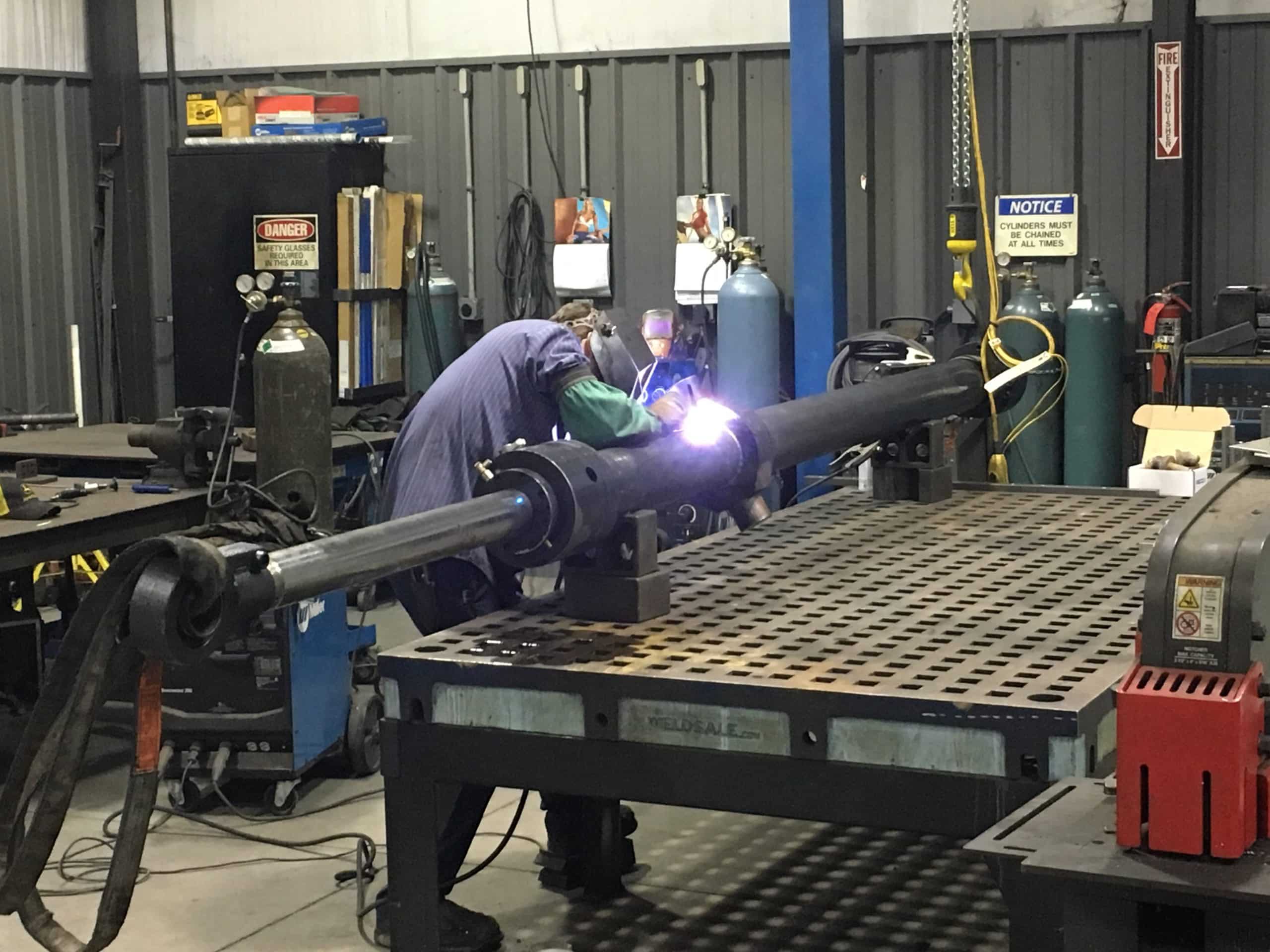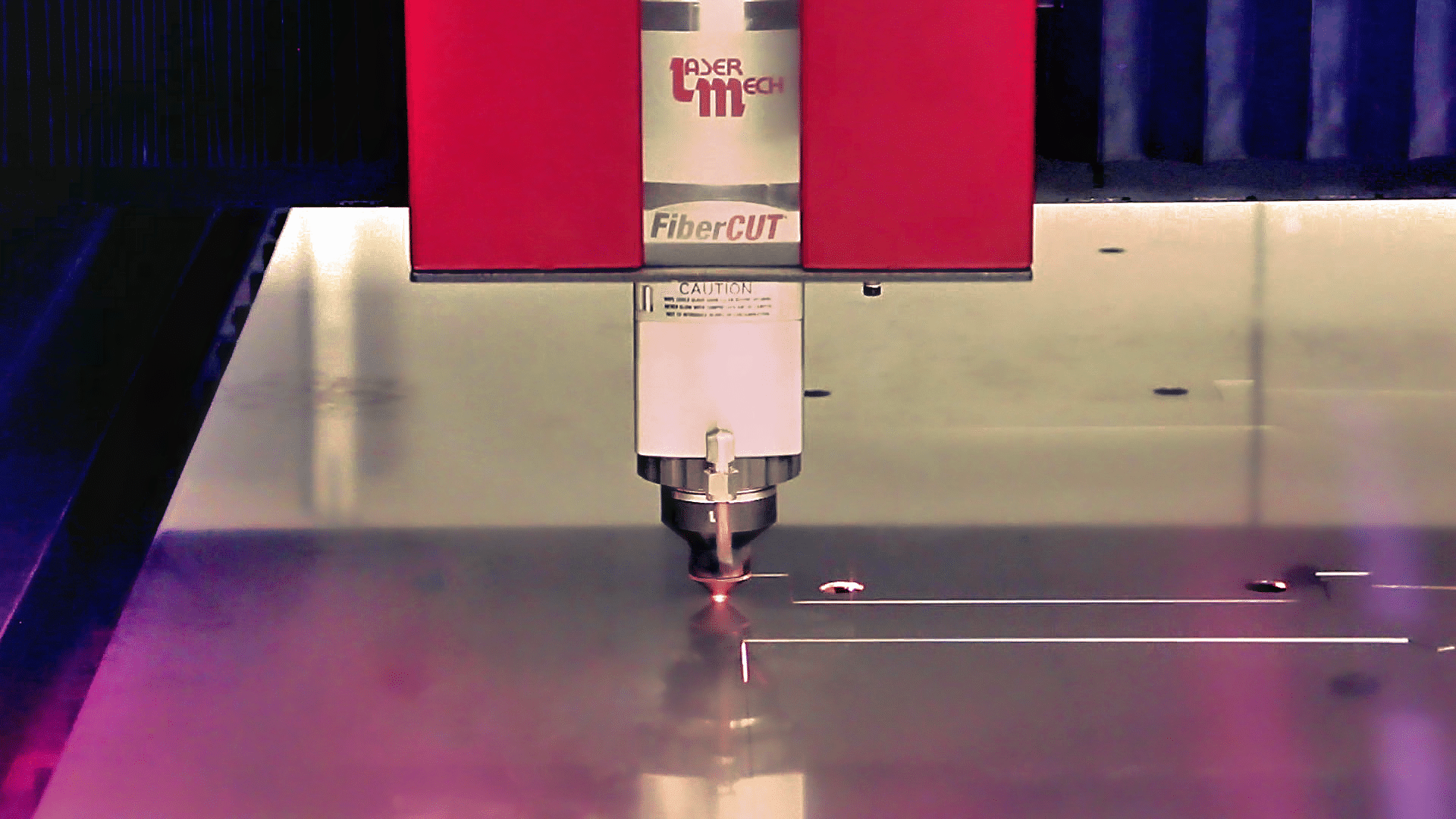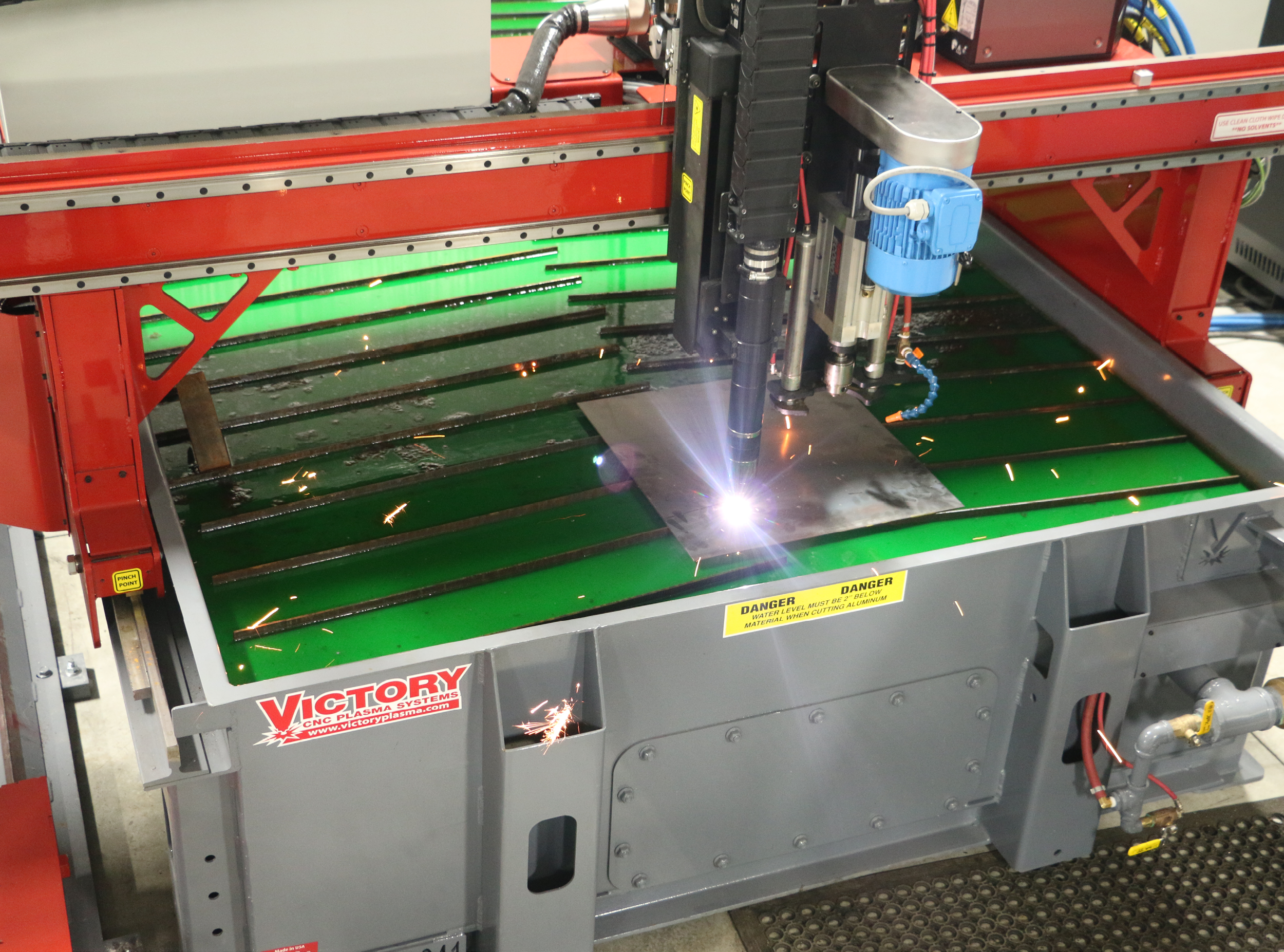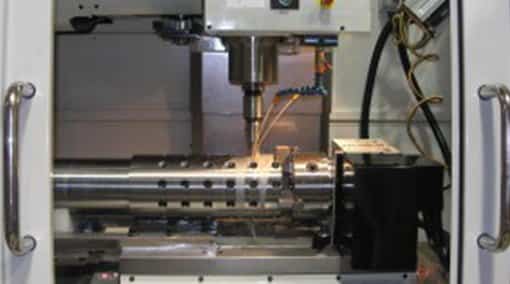A Guide to Metals for CNC Machining
Computer Numerical Control (CNC) machining has revolutionized the manufacturing industry. By using computer-controlled tools, it’s possible to create complex, high-precision parts with incredible consistency. A key factor in the success of any CNC project is the choice of material. Selecting the right metal ensures the final product meets its functional, aesthetic, and budgetary requirements.
This guide will walk you through the most common metals used in CNC machining, outlining their unique properties and typical applications. Understanding these materials is the first step toward optimizing your manufacturing process and achieving superior results. Ready to find the perfect metal for your next project? Let’s explore your options.
Aluminum
Aluminum is one of the most popular choices for CNC machining, and for good reason. It offers an exceptional balance of strength, weight, and machinability, making it a versatile option for a wide array of applications.
Key Properties
- Lightweight: Aluminum has a low density, making it ideal for parts where weight reduction is critical, such as in the aerospace and automotive industries.
- Corrosion Resistance: It naturally forms a protective oxide layer that prevents rust, which can be further enhanced through anodizing.
- High Machinability: Aluminum is relatively soft and easy to cut, which reduces machining time and tool wear. This translates directly into lower production costs.
- Excellent Thermal and Electrical Conductivity: It’s a great conductor of heat and electricity, suitable for applications like heat sinks and electrical components.
- Recyclability: Aluminum can be recycled repeatedly without losing its properties, making it an environmentally friendly choice.
Commonly used aluminum alloys for CNC machining include Aluminum 6061, which offers good mechanical properties and weldability, and Aluminum 7075, known for its higher strength, making it a staple in aerospace components.
Steel
Steel is an alloy of iron and carbon, renowned for its strength, durability, and versatility. It’s a go-to material for parts that need to withstand high stress and wear. The properties of steel can be tailored by adjusting the carbon content and adding other alloying elements.
Key Properties
- High Strength and Durability: Steel can endure significant stress and impact without deforming, making it perfect for structural components and heavy-duty machinery.
- Versatility: With numerous grades available, steel can be adapted for a huge range of applications. From simple fasteners to complex engine parts, there’s a grade of steel for the job.
- Cost-Effective: Compared to other high-strength metals, many grades of steel are relatively inexpensive, offering excellent performance for the price.
- Heat Treatable: The mechanical properties of many steel alloys can be enhanced through heat treatment processes like annealing, quenching, and tempering.
Popular grades include Carbon Steel, which is strong and affordable but susceptible to rust, and Alloy Steel, which contains additional elements to improve properties like hardness and toughness.
Stainless Steel
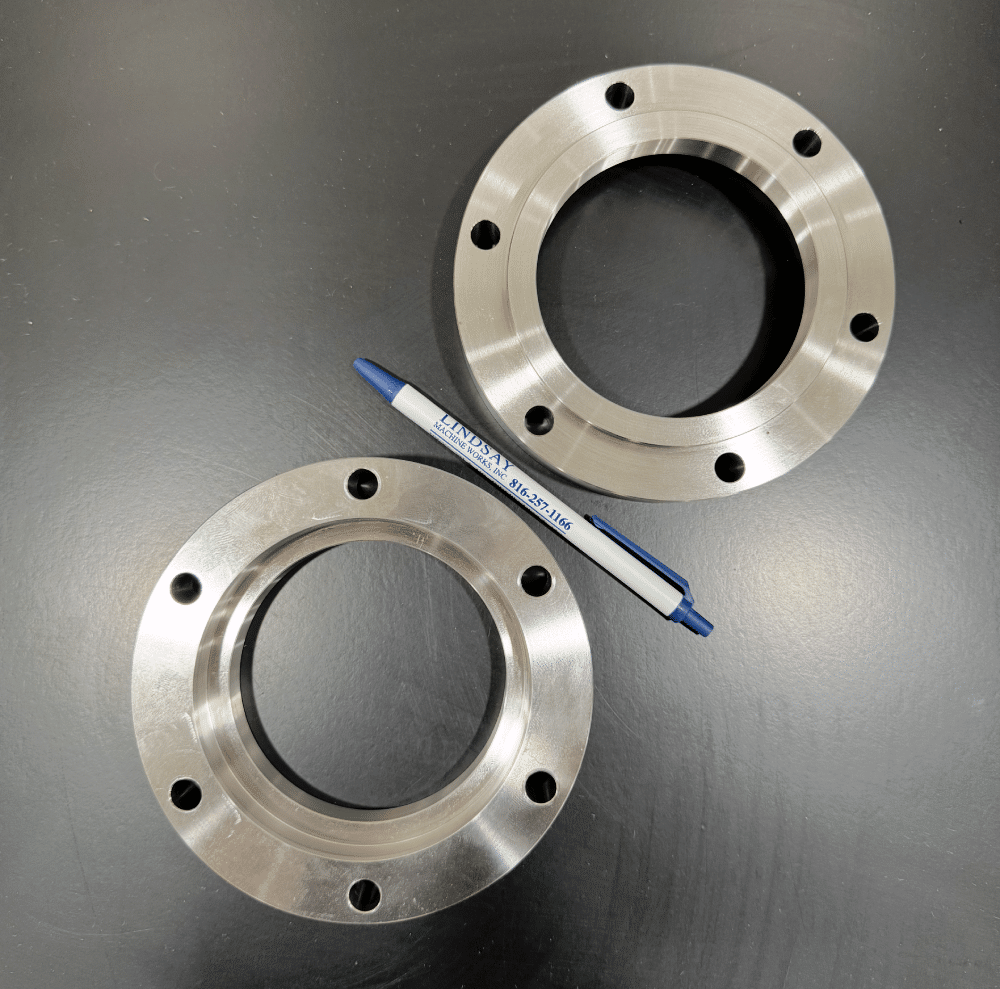
When corrosion resistance is non-negotiable, stainless steel is the answer. By adding a minimum of 10.5% chromium to steel, an inert layer of chromium oxide is formed on the surface, providing outstanding protection against rust and chemical corrosion.
Key Properties
- Superior Corrosion Resistance: This is the defining feature of stainless steel, making it essential for medical devices, food processing equipment, and marine applications.
- High Strength and Hardness: Many stainless steel grades offer excellent mechanical properties that can be further enhanced through work hardening or heat treatment.
- Hygienic: Its non-porous surface is easy to clean and sterilize, which is why it’s so prevalent in medical and kitchen environments.
- Aesthetic Appeal: Stainless steel has a clean, modern look that is often desirable for consumer products and architectural features.
304 Stainless Steel is the most common grade, offering a great mix of corrosion resistance and formability. For applications requiring even greater resistance to chlorides and acids, 316 Stainless Steel is the preferred choice.
Titanium
For projects where performance is paramount and budget is less of a concern, titanium is an unbeatable choice. It boasts the highest strength-to-weight ratio of any metal, making it a star player in high-tech industries.
Key Properties
- Exceptional Strength-to-Weight Ratio: Titanium is as strong as many steels but nearly 45% lighter, a critical advantage in aerospace and high-performance automotive parts.
- Excellent Corrosion Resistance: It is highly resistant to corrosion from seawater, chlorine, and many industrial chemicals.
- Biocompatibility: Titanium is non-toxic and not rejected by the human body, making it the standard material for medical implants like hip joints and dental fixtures.
- High-Temperature Performance: It retains its strength at elevated temperatures where other metals like aluminum would weaken.
Machining titanium can be challenging due to its toughness and poor thermal conductivity, which increases tool wear. However, for applications where its unique properties are required, the results are well worth the effort.
Copper
Copper is prized for its remarkable electrical and thermal conductivity, second only to silver. This makes it an indispensable material in the electronics and electrical industries.
Key Properties
- Excellent Electrical Conductivity: Copper is the international standard for electrical wiring and components, from circuit boards to electric motors.
- Superior Thermal Conductivity: Its ability to transfer heat efficiently makes it ideal for heat exchangers, heat sinks, and other thermal management applications.
- Corrosion Resistance: Copper is naturally resistant to corrosion and develops a distinctive green patina over time when exposed to the elements.
- Antimicrobial Properties: The surface of copper naturally kills bacteria and viruses, a useful property for high-touch surfaces in healthcare settings.
Brass
Brass is an alloy of copper and zinc, combining the best properties of both metals. It is known for its durability, corrosion resistance, and striking appearance.
Key Properties
- Good Corrosion Resistance: Brass holds up well against water and many chemicals, though not as effectively as stainless steel.
- Low Friction: It has a low coefficient of friction, making it an excellent choice for bearings, gears, and fittings where smooth action is required.
- Aesthetic Appeal: With its bright, gold-like appearance, brass is often used for decorative parts, musical instruments, and high-end plumbing fixtures.
- Good Machinability: Brass is easy to machine, allowing for the creation of intricate parts with fine details.
Choosing the Right Metal for Your Project 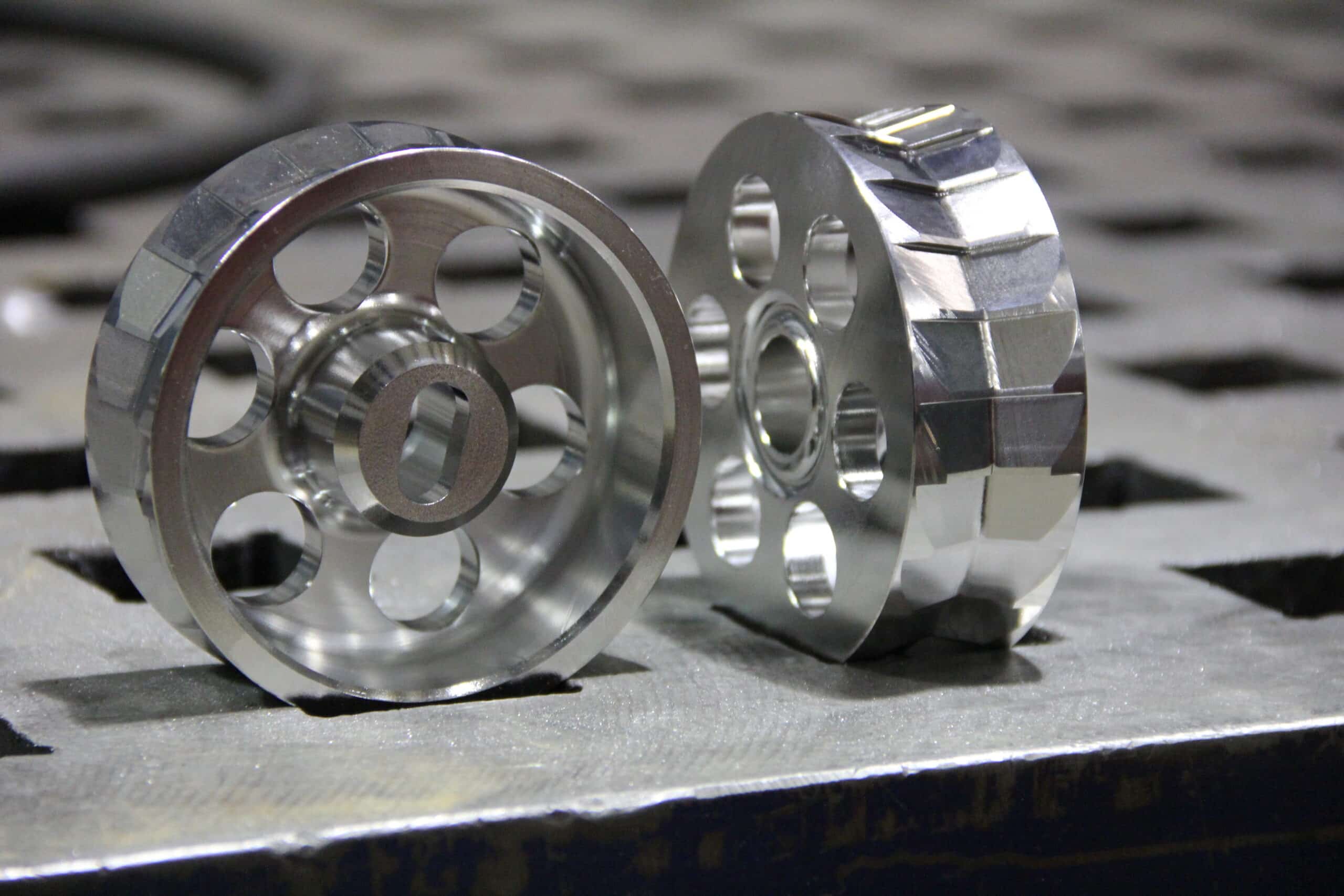
How do you select the best metal for your CNC machining needs? Your choice will depend on several factors:
- Functionality: What will the part be used for? Consider the required strength, weight, and resistance to heat, corrosion, and wear.
- Budget: Material costs can vary significantly. Balance the performance requirements with your project’s budget. Don’t forget to factor in machining time, as harder materials can increase production costs.
- Aesthetics: Will the part be visible in the final product? The color, finish, and overall look of the metal may be important considerations.
- Environment: What conditions will the part be exposed to? Factors like moisture, chemicals, and temperature will dictate the necessary level of resistance.
By carefully evaluating these criteria, you can confidently choose a metal that ensures your final product is a success.
Final Thoughts on CNC Machining Metals
The success of your CNC-machined parts is fundamentally tied to the material you choose. From the lightweight versatility of aluminum to the robust strength of steel and the high-performance characteristics of titanium, each metal offers a unique set of properties suited for different applications. Understanding these differences empowers you to make informed decisions that optimize performance, cost, and durability.
Ready to bring your next project to life? By partnering with an experienced CNC machining provider, you can get reliable support on material pricing and ensure your parts are manufactured to the highest standards

